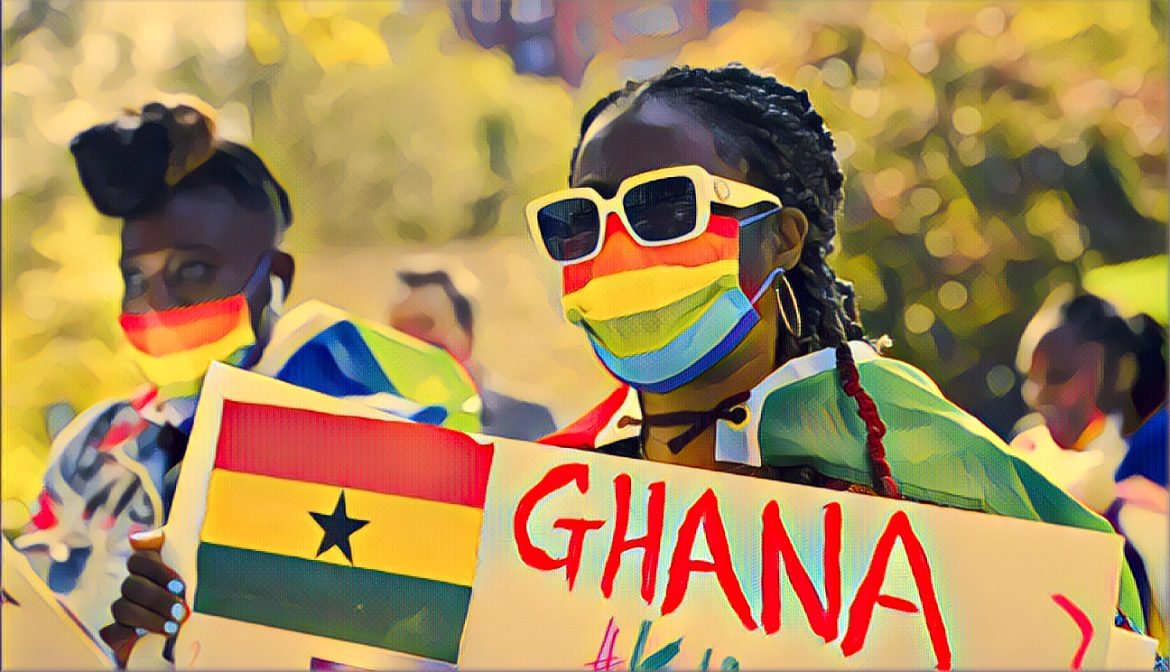Ghana, a West African nation known for its relative tolerance and democracy, is witnessing a surge of violence and discrimination against its LGBTQ community. This is largely due to a proposed bill that would criminalise not only same-sex relationships but also those who support LGBTQ rightsThe bill, titled “Promotion of Proper Human Sexual Rights and Ghanaian Family Values Bill,” was introduced in 2021 and is now in its final stages in parliament. It has the backing of many politicians and religious leaders, who claim that LGBTQ activities are anti-African and go against the country’s cultural and religious values. The bill also encourages citizens to report suspected LGBTQ people to the authorities, creating a climate of fear and hostility.
According to local advocacy groups, there have been numerous cases of attacks, kidnappings, stabbings, and lynchings of people perceived to be LGBTQ in recent months.Some activists have pointed to the influence of foreign extremist evangelical groups, especially from the US, as the main driver of anti-LGBTQ sentiments in Ghana. These groups have organised conferences and events that spread homophobic rhetoric and misinformation, appealing to the conservative and religious majority in the country. The situation has shocked many Ghanaians, who remember a time when the country was more accepting of diversity and difference. Some LGBTQ people have had to flee their homes or lose their jobs due to the threats they face. Others have tried to create safe spaces online, using apps like WhatsApp and Telegram to share information and warnings.
The bill has also strained Ghana’s relationship with some Western countries, which have criticised it for violating human rights and democratic principles. Ghanaian leaders have accused them of neocolonialism and interference and have expressed sympathy for countries like Russia that have similar anti-LGBTQ laws. Ghana is one of many African countries like Uganda, Kenya, and Ethiopia that have legislated laws criminalising same-sex relationships. These sentiments are growing in many other African countries, where people see the LGBTQ movement as alien to the traditional values of African society.
Despite the bleak outlook, some hope remains. Some online content has shown more positive views on LGBTQ rights after a controversial police raid on an LGBTQ centre in Accra. Some people are also willing to talk about the issues and challenge the stereotypes and stigma, some LGBTQ activists are determined to return to their home country and fight for their rights.
Source: CNN




